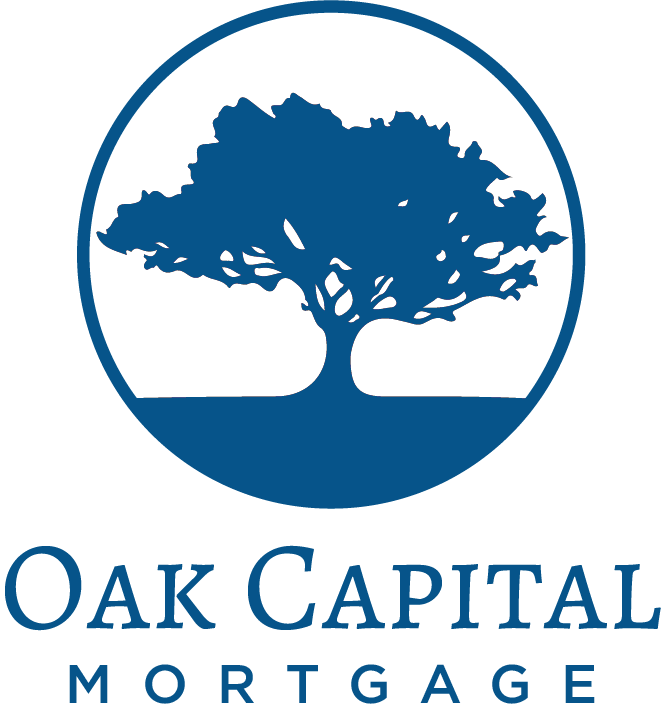Understanding Temporary Buydowns: What They Are and Their Benefits What is a Temporary Buydown? A…
Expenses First Time Home Buyers Need to Save For
5 Major Expenses to Prepare for When Buying Your First Home
If you’re getting ready to purchase your first home, it’s important to be aware of the expenses you’ll encounter before reaching the final closing table. Some costs must be covered before you even start searching or complete the sale. Here are five major expenses that first-time homebuyers should start saving for when buying a home.
1. Down Payment
The down payment is the first and often largest expense that first-time homebuyers need to save for. If you’re using a conventional mortgage, expect to need anywhere between 3% (with additional mortgage insurance premiums) and 20% of the purchase price as a down payment. If saving up the entire 20% down payment seems daunting, consider low or no down payment options like an FHA loan, USDA loan, or VA loan, provided you meet their eligibility requirements. Oak Capital Mortgage can help you explore these options and find the best solution for your situation.
2. Closing Costs
When you finalize the purchase of the home at closing, you’ll have to pay legal and processing fees, known as closing costs. These are itemized on your Closing Disclosure document and typically include things like the appraisal, title insurance, and legal fees. Closing costs range from 3-6% of the loan’s value, depending on what is required for your transaction and how complicated the purchase is. Oak Capital Mortgage can provide a detailed estimate of your closing costs so you can plan accordingly.
3. Home Repairs and Upkeep
As a homeowner, you are responsible for all maintenance and repairs of your new home once you sign your closing documents and take the keys. Unlike renting, where repairs are covered by the landlord or property manager, these costs fall on you. Having an emergency fund will ensure that you can cover these costs without going into debt. Oak Capital Mortgage recommends setting aside at least 1-3% of your home’s value each year for maintenance and repairs.
4. Furnishing Your Home
If your new home is significantly larger than your previous house or apartment, you’ll be tempted to buy new furniture to fill it. Saving up for this expense can make it more affordable and fun. Additionally, if your home does not include appliances or needs new ones, this can be a significant expense as well. Planning ahead and budgeting for these items will help you settle into your new home comfortably. Oak Capital Mortgage can advise on budgeting tips for furnishing your new space.
5. Homeowners’ Association Dues
If your new home is in a homeowners’ or property owners’ association, you’ll be responsible for the monthly dues as well as any annual or special assessments. These additional costs can range from $100-$500, depending on your area and the amount of amenities provided with the community. In some high cost-of-living areas, the HOA dues can be as much as the mortgage itself! Oak Capital Mortgage can help you understand and plan for these costs as part of your overall homebuying budget.
Conclusion
The key to managing the expenses that come with homeownership is preparation. Saving up before you purchase the home will ensure that you are ready for any expected or unexpected costs. Starting your journey with a reputable mortgage broker like Oak Capital Mortgage can provide you with the guidance and resources needed to navigate these expenses effectively. By planning ahead, you can enjoy the excitement of buying your first home with confidence and peace of mind.





